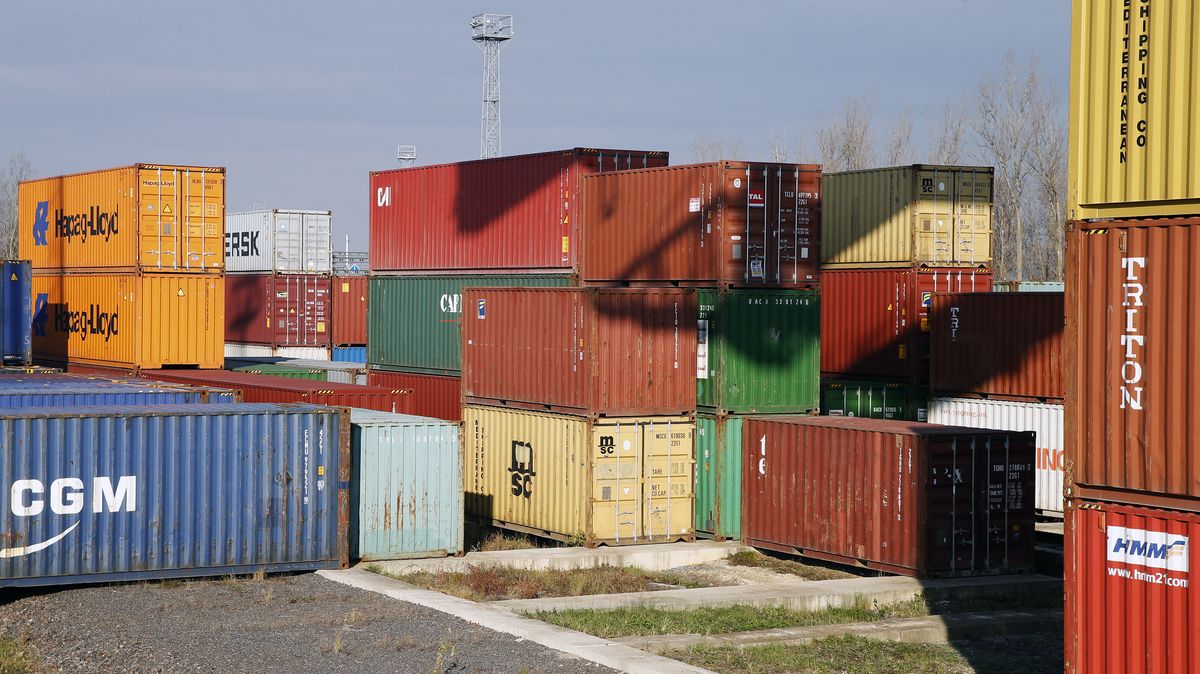However, the epidemiological situation in the city is improving and authorities outside the remote areas did not report any new cases of coronavirus infection on Saturday, Reuters reported. In Beijing, authorities have expanded some regulations to make people work from home.
Shanghai Deputy Mayor Chen Chung said they would be allowed to open supermarkets, shops, hairdressers and vegetable markets on Monday from the restricted regime. However, stores and companies must take action to limit the number of customers who attend their premises.
City Hall officials did not announce details of easing restrictions on Monday, which has caused distrust in some residents, Reuters reports. It is not clear whether authorities will relax the rules for moving out of homes. “We can’t get out of the housing complex. They can open (shops), but no one can go there anyway,” said one post on Reuters’ social media. The Shanghai Public Transport Company said all subway lines were damaged and it was not clear when they would start operating again.
In Beijing, authorities today expanded regulations to make people work from home. This applies, for example, to the important Zhaoyang business district, where many offices and embassies are located and where 3.5 million people live. Authorities also urged district residents not to leave unless they had serious reasons to do so, and would extend a massive testing campaign by three days across the metropolis. Authorities in Beijing, where the number of cases is growing by several dozen each day, want to avoid the strict lockdown imposed in Shanghai.
The closure of several districts was announced today by the city of Ichun in the east of the country.
During the closure, Shanghai residents can buy food and other items at the e-shop. However, supply and delivery stalled due to insufficient number of couriers.
In recent weeks, Shanghai authorities have allowed people to take short walks from their homes, but in some parts of the city they have tightened measures. For example, those who go to work cannot return home, but must live in a designated flat.
Authorities have seen significant improvements in less densely populated parts of Shanghai. In non-isolated areas, new cases of infection were not recorded on Saturday, which paves the way for a gradual easing of anti-coronavirus measures. Across the city, home to about 25 million people, there were 1,400 new cases on Saturday, less than Friday.
China has implemented a strict zero-tolerance policy in its war against the 19-year-old. It consists in closing cities and regions even in the presence of a small number of infected. The World Health Organization (WHO) has described this approach as unsustainable, which Beijing rejects.

“Tv nerd. Passionate food specialist. Travel practitioner. Web guru. Hardcore zombieaholic. Unapologetic music fanatic.”







